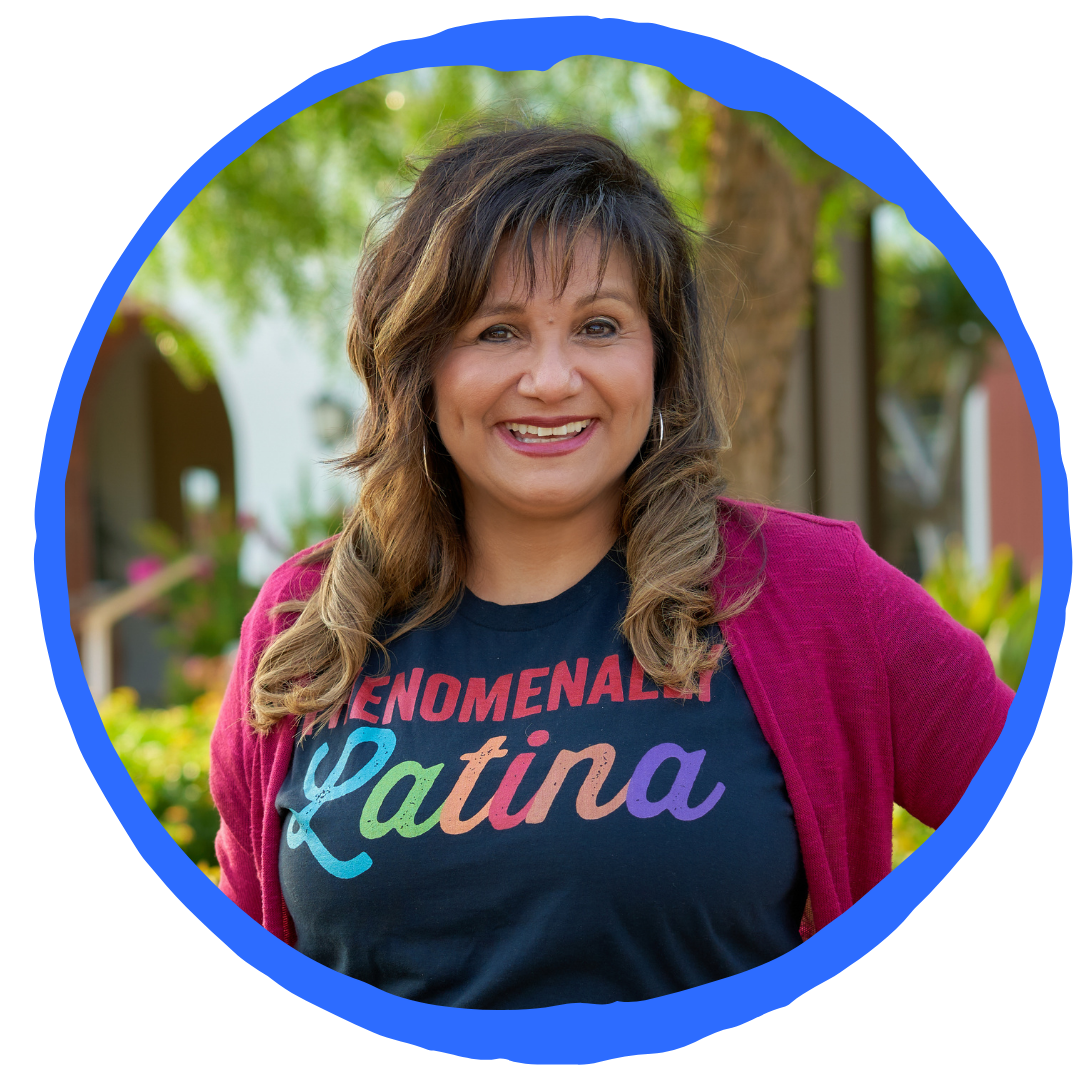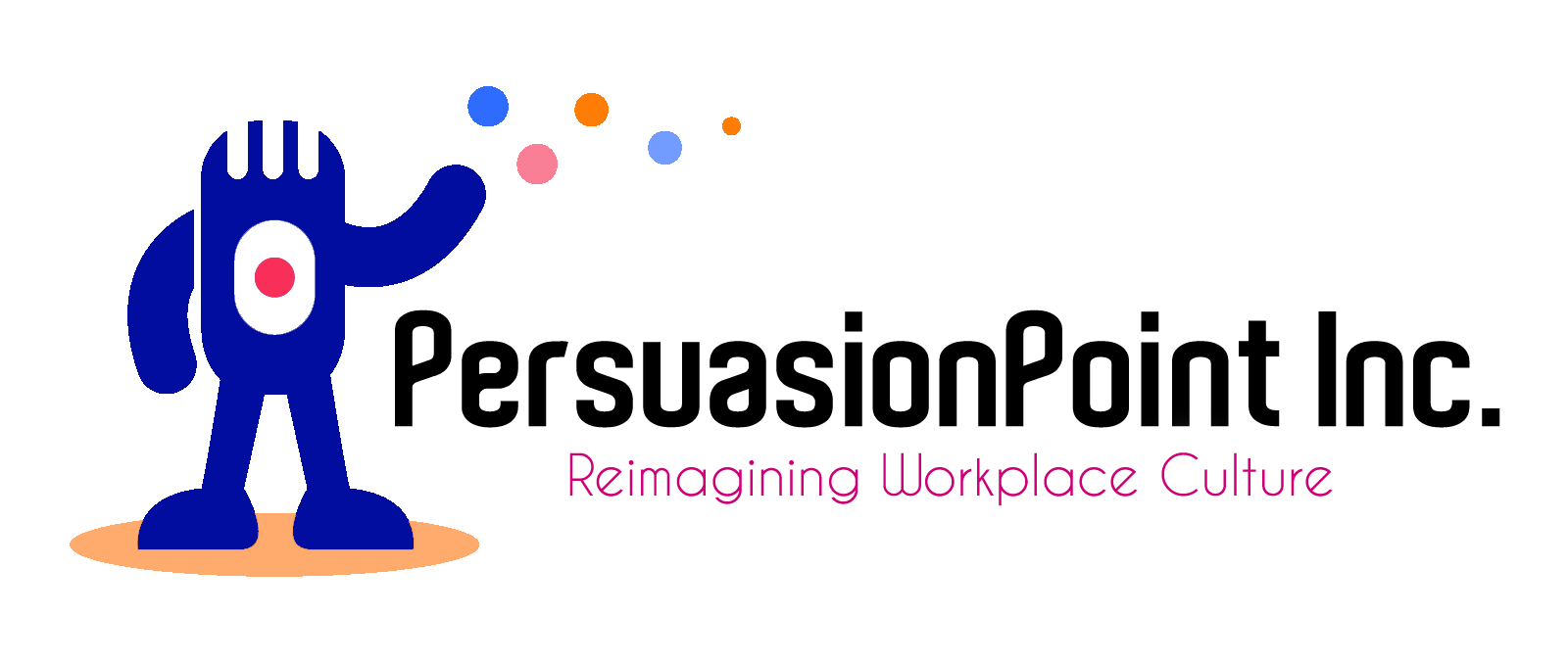Today my husband and I celebrate Loving Day – the day we commemorate the Supreme Court’s decision banning laws prohibiting interracial marriages in the US.
As our country grapples with issues of race, identity and allyship, celebrating this milestone is more important than ever.
And for me it’s also personal.
As I think about my own marriage in the context of where we are today with race relations, I find myself reflecting on how we can use our own experiences to move issues forward positively.
It wasn’t that long ago…
First of all, it blows my mind that this decision is from 1967 (coincidentally, the year I was born!). It’s truly mind-boggling to think that only 53 years ago, a couple like Tom and me wouldn’t have been allowed to be married.
At What Cost Assimilation
For those of you who have heard my family’s immigration story, you know that I came from El Salvador to the US at the age of three – two years after my father was granted permanent residence because he got in the wrong line (he was at the US Embassy in San Salvador to apply for a tourist visa).
My parents raised my sisters, brother and me in what I call an “and” household, not an either/or household. That means we were equal parts proud of being Americans AND connected to our Salvadoran roots. It meant we ate Salvadoran food AND my dad and I were also passionate baseball fans (I was obsessed with the Dodgers teams from the 1970s!). It meant we only spoke Spanish at home (so that we all remained perfectly fluent Spanish-speakers) AND we also quickly learned English and assimilated to American culture.
As a result of this assimilation, I’ve been told (often), “oh I sometimes forget you’re Latina.” That makes absolutely no sense to me since it only takes knowing me for about five minutes to know about my ethnic heritage, but that’s my reality. Because of this, I’m sometimes asked if my marriage is “really” interracial. (This is complicated by the fact that all demographic collection sources force Latinx people to “choose” a race and, since race is a cultural construct, provide me no accurate way to express my mixed Mayan and Iberian blood.)
In fact, I once had a coworker admit to me that for nearly a year he thought I was married to a Black man, never thinking that being married to a White man (100% Italian to be exact) would make me a part of an interracial couple (this was one of my closest colleagues…it was a point that we laughed about, but he acknowledged that he’d made some serious assumptions).
So for me, the issue of my marriage is a reminder that while I remain connected to my past self – the girl who was born in El Salvador and spent her formative years in inner-city LA – I now live in a different world and I need to work hard to make sure that my assimilation in no way erases any part of who I am.
Radical Kinship Is The Answer
My husband is the living embodiment of someone whose views on these issues were radically transformed as a result of seeing, living with, and loving people from up close. Prior to meeting me, Tom was like many White Americans – he certainly didn’t support discrimination, but didn’t give the issue much thought since it didn’t personally impact him.
Now that he’s been a firsthand witness to the assumptions made about me, my son, my mom, and the rest of my family, he has a deeper understanding of what it’s like to walk in my shoes.
This underscores a point I constantly bring up about any relationship – personal or at work – the vital need to develop something beyond a connection. I call it radical kinship.
In fact, fast-forward to today and Tom is not only well-versed on issues affecting the immigrant and Latinx community, he’s also fiercely protective of his Salvadoran family, especially my 4’9” mami with whom he’s formed a special bond. All of this has changed his worldview dramatically and he’s now a champion of issues related to race and identity and is a proud ally (so much so that he sometimes says things like, “you know, I don’t appreciate how we Salvadorans are portrayed in the media…”)
So today Tom and I raise a glass to celebrate our marriage, and we say a prayer of thanksgiving for Richard and Mildred Loving’s courage. Amen.

About PersuasionPoint
Patti Perez is the founder and CEO of PersuasionPoint, a consulting and training firm focused on helping organizations navigate conflict, misconduct, and high-stakes decisions with fairness, clarity, and credibility. She is the award-winning author of The Drama-Free Workplace (Wiley) and the creator of Mastering Workplace Investigations, a human-centered training program designed to strengthen investigative judgment, reduce bias and noise, and build trust at critical moments.
Through training, advising, and leadership development, Patti helps organizations move beyond compliance to create cultures rooted in transparency, curiosity, and organizational justice.
Email Patti directly at Patti@PersuasionPoint.com.
